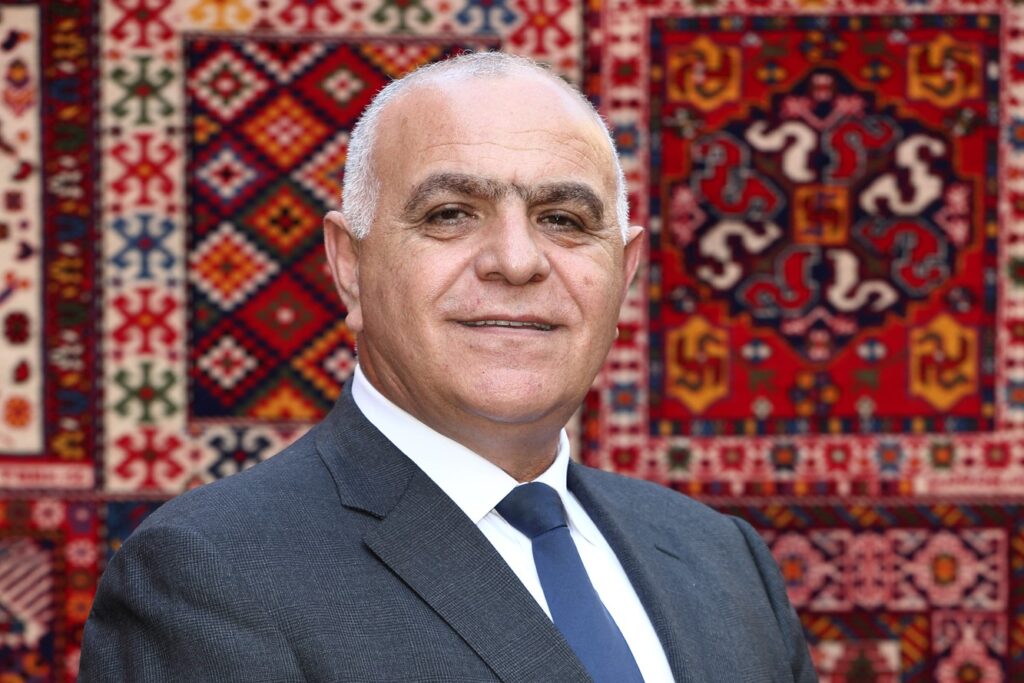An Azerbaijani court has ordered the confiscation of ₼30 million ($18 million) in assets held by Vidadi Muradov and his relatives. Muradov is the former chair of the Azerbaijani state carpet production company Azerkhalcha.
A statement issued by the Prosecutor General's Office reads that the months-long investigation into Vidadi Muradov by the Anti-Corruption Department had been completed. The case was sent to the Baku Court of Grave Crimes.
Muradov was arrested and fired from his position in January 2021 and has been charged with embezzlement, tax evasion, abuse of power, and forgery. He was appointed Chair of the Board of Azerkhalcha by a presidential decree on 10 June 2016.
Before his arrest, Muradov had been showered with state awards in Azerbaijan, receiving the honorary title of Honoured Art Worker of the Republic of Azerbaijan in 2014, the Order of Glory in 2016 and a medal commemorating the 100th anniversary of the Azerbaijan Democratic Republic in 2019.
Azerkhalcha was established in 2016 by Presidential order. The company, which produces and sells carpets both for the domestic and foreign market was touted as an important enterprise developing the non-oil sector of Azerbaijan’s economy.
The company struggled in 2020 due to the COVID-19 pandemic, with workers, who were placed on temporary leave, reporting late and irregular payment of wages.
[Read more: Workers at Azerbaijani state carpet company ‘not paid for almost half a year’]
Farid Mehralizade, an independent economist based in Baku, told OC Media that ₼115 million ($67 million) had been allocated from the state budget for the operations of Azerkhalcha between 2016 and 2019.
Meanwhile, the income of the company has remained almost trivially low — between 2017 and 2018 the company brought in a scant profit of half a million manat.
‘With the example of Azerkhalcha, we see that the government's investment decisions have not been thought out and calculated’, Mehralizade said, calling the discrepancy between profit and investment ‘ridiculous’.
According to Mehralizade, Azerbaijan’s state economic policy will be able to better attract investment and ‘achieve more sustainable economic development’ if it liberalises economic conditions in the country. It should allow private business to flourish ‘rather than concentrating ownership of business all in one hand’.




 22 September 2021
22 September 2021



